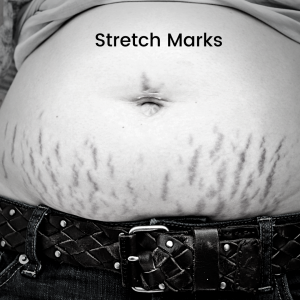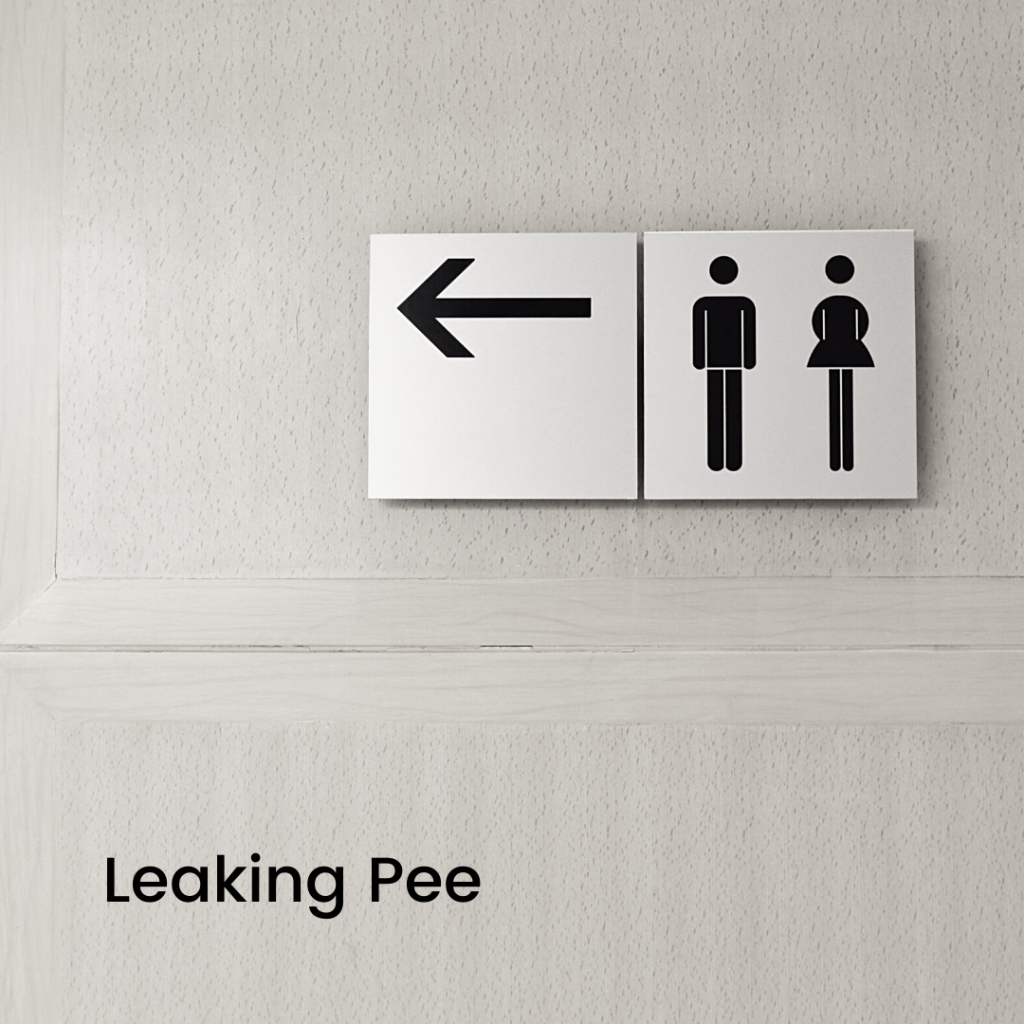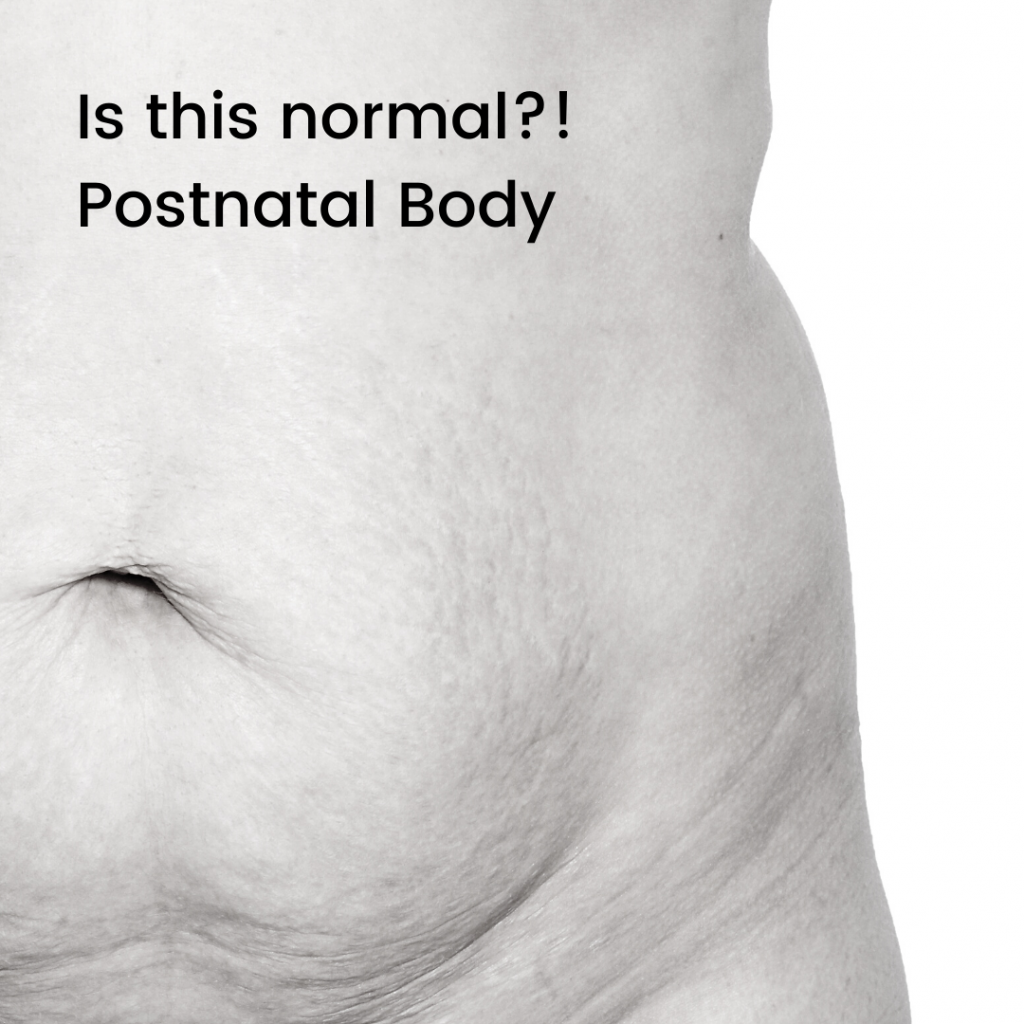Finding it hard to sleep?
Sweating A LOT at nighttime?
Skin changes?
Losing your hair?
Stretch Marks

Did you know that it’s estimated 8 in 10 women will develop stretch marks during pregnancy? They are very common, but can be a source of worry.
They can be pink, red, silver, black, brown or purple, depending on your skin colour, and many find that they are darker to begin with and then gradually fade over time. During pregnancy they are most often found on your tummy, hips and thighs and some get them on their breasts.
There are many creams that claim to reduce the appearance of stretch marks but there isn’t much evidence to support this. Similarly there isn’t much evidence showing that creams and oils can prevent them.
What there definitely is, is a huge media campaign making women feel self conscious about this natural result of skin stretching. This can lead women to feel that this VERY common result is abnormal and should be hidden away. It can lead to feelings of shame. You may have heard stretch marks being referred to as ‘tiger stripes’. This is the beginning of the fight back against this and a ‘rebranding’ of stretch marks as the physical evidence of the incredible journey into parenthood.
It can be tough to get on board with this, especially if there has been a lifetime of negative feelings about these types of marks on skin. If you aren’t there yet, that’s ok. Bodies change a lot during pregnancy and afterwards. It can take time to adjust to our new body. Our new normal. But it is a normal that you share with many others.
Incontinence

Let’s talk leaking pee!
Did you know that one in two women leak urine up to THREE MONTHS after giving birth to their first child? Leaking urine after giving birth is common, but it is not normal. Many women keep quiet about it because they are embarrassed, but you are not alone and you don’t have to live with it.
Pelvic floor muscle exercises (sometimes called Kegel exercises) have been shown to help urinary incontinence by strengthening the pelvic floor muscles. Pelvic floor exercises combined with correct posture and spinal alignment will improve your core strength and stability. The Squeezy app has visual guides to pelvic floor exercises, a guided programme and gives you daily reminders: @squeezyapp
If you experience urgency urinary incontinence it is recommended that you avoid drinking fluids that can irritate or make symptoms worse, such as caffeine, alcohol or carbonated drinks. Remember to drink the recommended amount of water (1.5 litres per day) every day to help prevent constipation and keep the urine more dilute so it doesn’t irritate the bladder
Contact your GP for a referral to a women’s health physiotherapist if you have any concerns.

